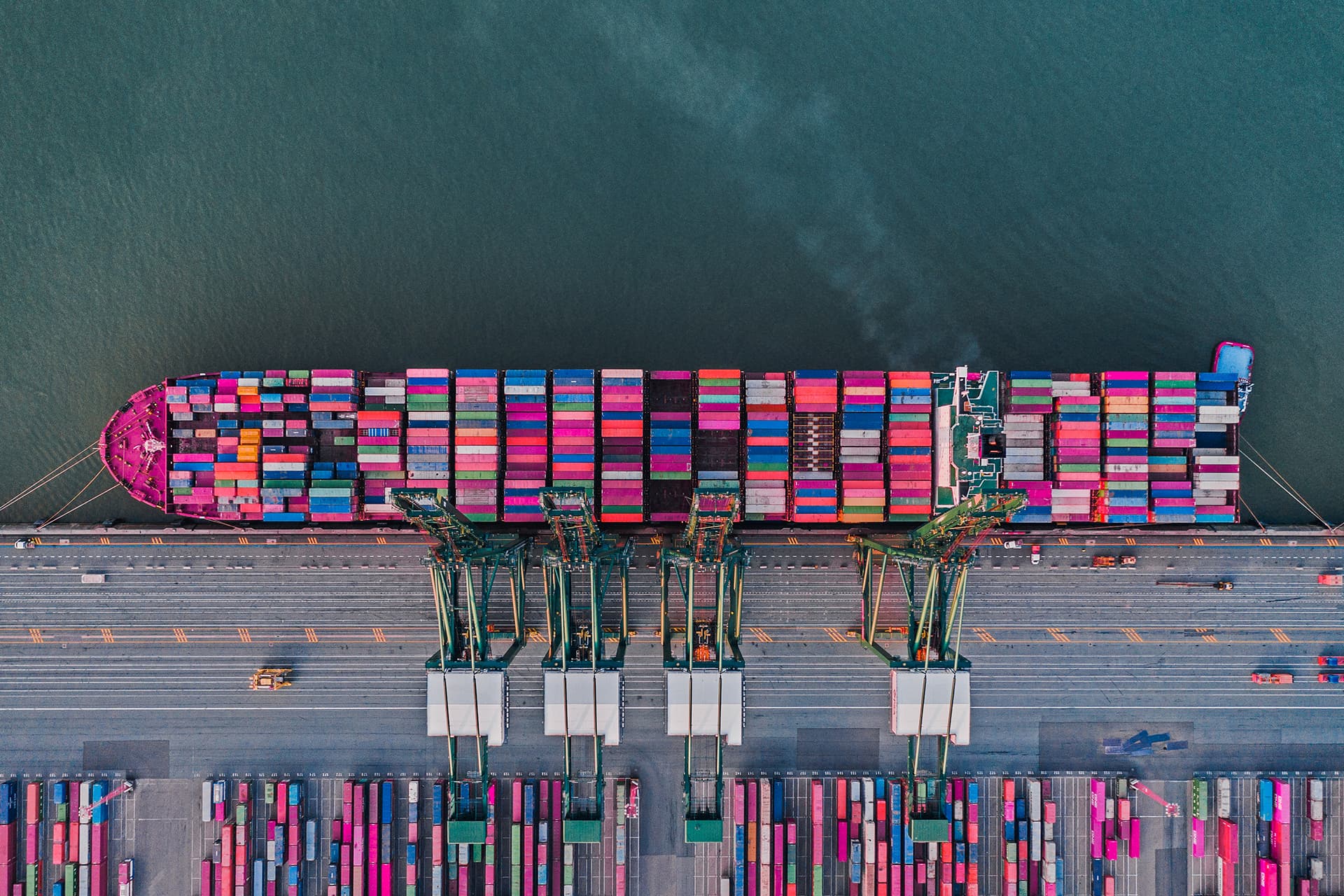In 2022, CO2 emissions from international shipping rebounded to just short of the industry’s all-time high of 708 Mt of CO2.1 The industry’s target of net zero carbon emissions by 2050 is now in serious jeopardy.2
According to Jeremy Nixon, CEO of Japanese shipping and container company Ocean Network Express (ONE), shipping companies must take urgent action in the short term to minimise CO2 emissions while also working on solutions for the future.
“The industry is trying to minimise the carbon intensity of ships running on fuel oil by building more efficient ships and engines, or larger ones to get economies of scale, and running ships at slower speeds to reduce the total amount of fuel used,” he says.
“But new technologies and new green fuels are the future, so they have to be a focus as well. We can’t just switch our ships to electric vehicle-style batteries: the vessels are too big and they travel too far.”
New fuels to the rescue?
This means that shipping needs alternative fuels, and Nixon says there are two good options. “The two most promising alternative fuels we’re exploring are green ammonia and green methanol,” he says.
Green ammonia and green methanol are in their infancy as fuels, but they are better suited to the demands of the shipping industry than hydrogen. Both are easier to store in bulk, without the need for the same highly pressurised or refrigerated storage as hydrogen, and have higher energy density.
However, low-carbon fuels accounted for just 0.1 per cent of all fuels used in the shipping industry in 2022.3 This proportion needs to rise to more than 13 per cent by 2030 if the industry is to stay on track to meet its 2050 target.
Hard-to-abate industries should be a priority
Interest in the use of low-carbon fuels is now growing with increasing pressure on the shipping industry to decarbonise. Methanol, for example, is fossil fuel-based. But if combined with CO2 and green hydrogen, produced using renewable electricity, it can be classified as a low-carbon fuel.
The infrastructure and supply of green hydrogen needs to be urgently improved to give hard-to-abate industries any chance of meeting 2050 targets. Hydrogen is currently expected to make up 5 per cent of the world’s energy mix in 2050, which is a long way off the 15 per cent required to meet the targets of the Paris Agreement.4
“We need a massive scale-up as an industry, but we are not the only industry looking at green hydrogen as a fuel feedstock,” says Nixon. “The hard-to-abate industries should get priority for green hydrogen initially, because this would go a long way to decarbonising the whole supply chain. Alongside shipping, the Scope 1 emissions of other industries — steel, land transport, airlines — represent the Scope 3 emissions of countless other businesses.”
The public and private sectors must pull in the same direction
Like other shipping companies, ONE is buying vessels that can be retrofitted to run on green fuels. “By ordering more ships which can run on green fuels, shipping companies can send a very strong message to energy companies that forward investment needs to be in green fuels,” says Nixon. “In the past 12 months, we've ordered 20 new container ships that will be built to run on fuel oil but can be retrofitted to run on methanol when it’s available.”
Regulatory support from the International Maritime Organization (IMO) is also important. “At the moment, green fuels are two to three times more expensive than conventional fuel oil,” says Nixon. “As an industry, we are encouraging the IMO to put a cap on carbon fuels or introduce a tax on them to encourage companies to start using green fuels.”
Collaboration in shipping can be a blueprint for other sectors
As a founding partner of the Global Centre for Maritime Decarbonisation (GCMD) and a partner of the green corridor between Rotterdam and Singapore, ONE is collaborating with other parts of the shipping industry to support the decarbonisation of the shipping industry.
The GCMD is a joint venture between the Maritime and Port Authority of Singapore and six founding partners.5 A large focus area is research into the supply and infrastructure of green fuels, such as a recently completed project on ammonia bunkering.6
The Rotterdam-Singapore Green Corridor, meanwhile, aims to improve costs and availability by attracting investment and starting joint trials of green fuels by the companies involved in the partnership.7 ONE is working with other partners to establish more concrete plans and targets to encourage the use of low- and zero-carbon fuels along the corridor.
Nixon believes that these cooperation models, which bridge the gap between private and public sectors and bring competitors together to work towards a common goal, could become a blueprint for other industries.
“I look at other industries that don't have the same level of collaboration, and they are clearly much more siloed in the way they are approaching decarbonisation,” says Nixon. “There’s no use in lots of different companies reinventing the wheel. It's better to collaborate to move towards our collective goals faster.”
Today, sustainability performance of a company is judged more than financial reporting. With our sustainability assurance services, PwC supports ONE in bringing credibility to ONE's sustainability reporting.
